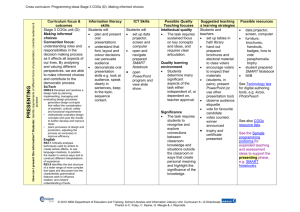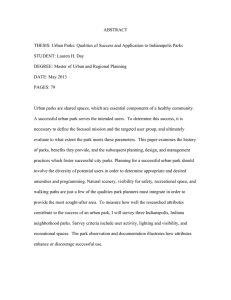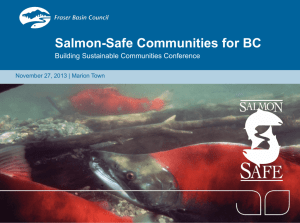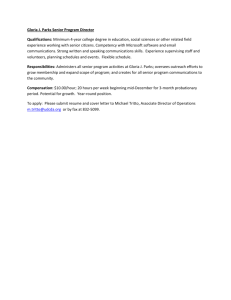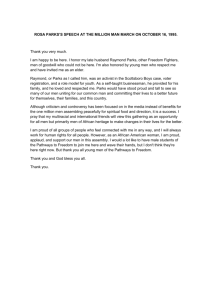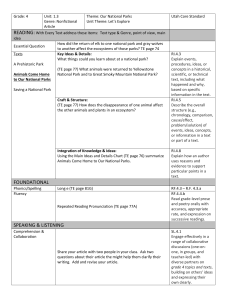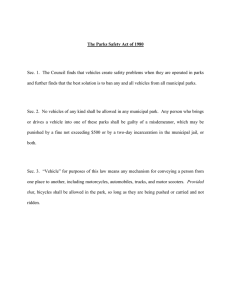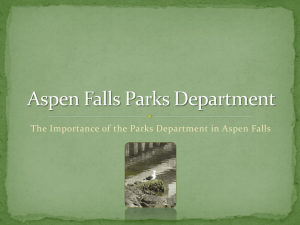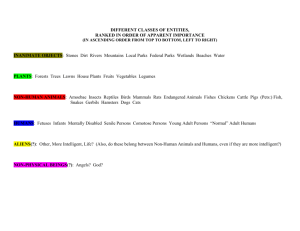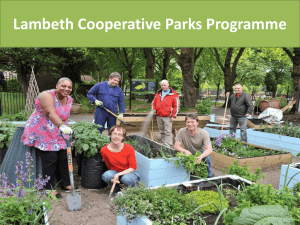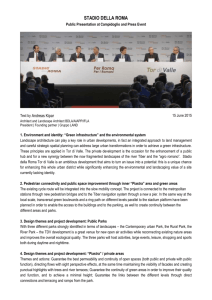ms3cogadefine - Curriculum Support
advertisement
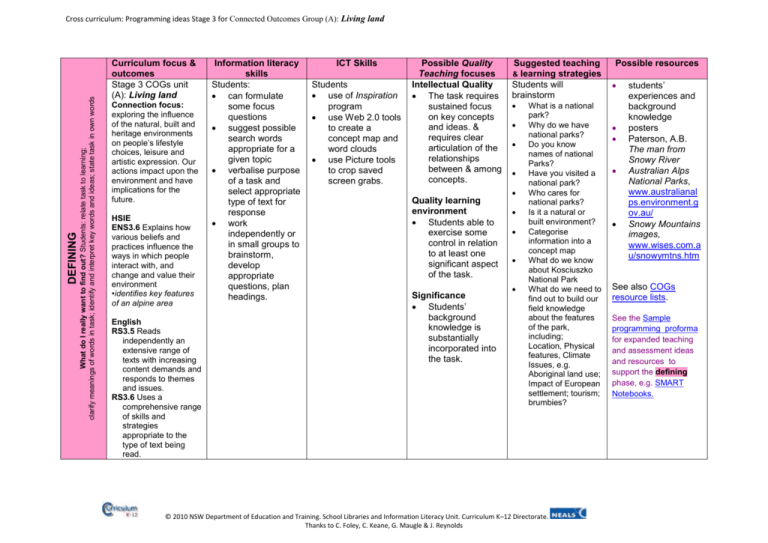
DEFINING What do I really want to find out? Students: relate task to learning; clarify meanings of words in task; identify and interpret key words and ideas; state task in own words Cross curriculum: Programming ideas Stage 3 for Connected Outcomes Group (A): Living land Curriculum focus & outcomes Stage 3 COGs unit (A): Living land Connection focus: exploring the influence of the natural, built and heritage environments on people’s lifestyle choices, leisure and artistic expression. Our actions impact upon the environment and have implications for the future. HSIE ENS3.6 Explains how various beliefs and practices influence the ways in which people interact with, and change and value their environment •identifies key features of an alpine area English RS3.5 Reads independently an extensive range of texts with increasing content demands and responds to themes and issues. RS3.6 Uses a comprehensive range of skills and strategies appropriate to the type of text being read. Information literacy skills Students: can formulate some focus questions suggest possible search words appropriate for a given topic verbalise purpose of a task and select appropriate type of text for response work independently or in small groups to brainstorm, develop appropriate questions, plan headings. ICT Skills Students use of Inspiration program use Web 2.0 tools to create a concept map and word clouds use Picture tools to crop saved screen grabs. Possible Quality Teaching focuses Intellectual Quality The task requires sustained focus on key concepts and ideas. & requires clear articulation of the relationships between & among concepts. Quality learning environment Students able to exercise some control in relation to at least one significant aspect of the task. Significance Students’ background knowledge is substantially incorporated into the task. Suggested teaching learning strategies Students will brainstorm Possible resources & What is a national park? Why do we have national parks? Do you know names of national Parks? Have you visited a national park? Who cares for national parks? Is it a natural or built environment? Categorise information into a concept map What do we know about Kosciuszko National Park What do we need to find out to build our field knowledge about the features of the park, including; Location, Physical features, Climate Issues, e.g. Aboriginal land use; Impact of European settlement; tourism; brumbies? © 2010 NSW Department of Education and Training. School Libraries and Information Literacy Unit. Curriculum K–12 Directorate. Thanks to C. Foley, C. Keane, G. Maugle & J. Reynolds students’ experiences and background knowledge posters Paterson, A.B. The man from Snowy River Australian Alps National Parks, www.australianal ps.environment.g ov.au/ Snowy Mountains images, www.wises.com.a u/snowymtns.htm See also COGs resource lists. See the Sample programming proforma for expanded teaching and assessment ideas and resources to support the defining phase, e.g. SMART Notebooks.
